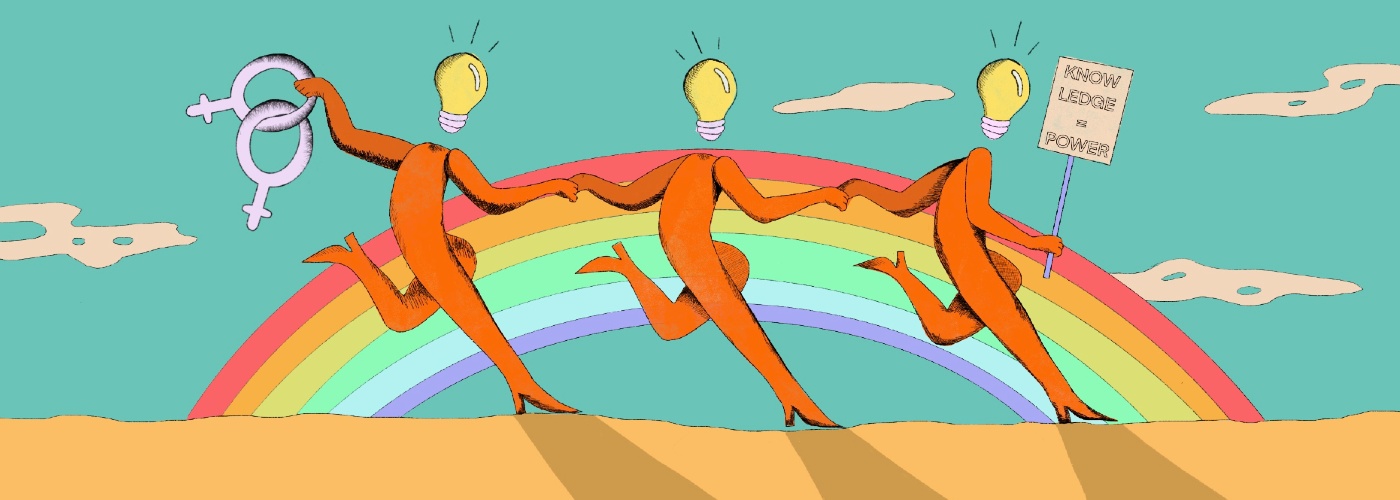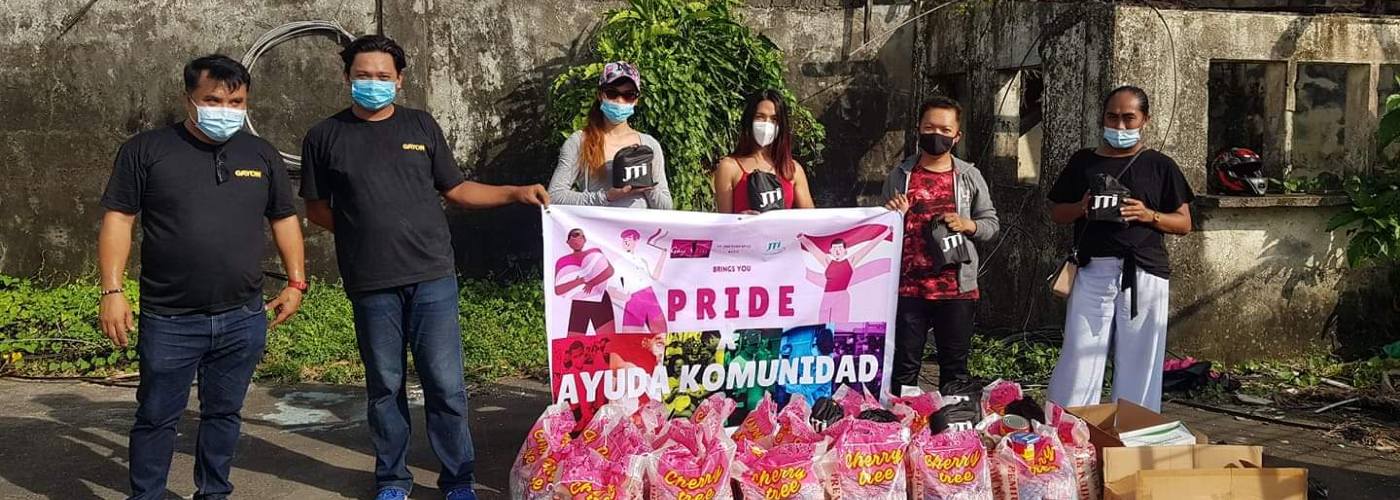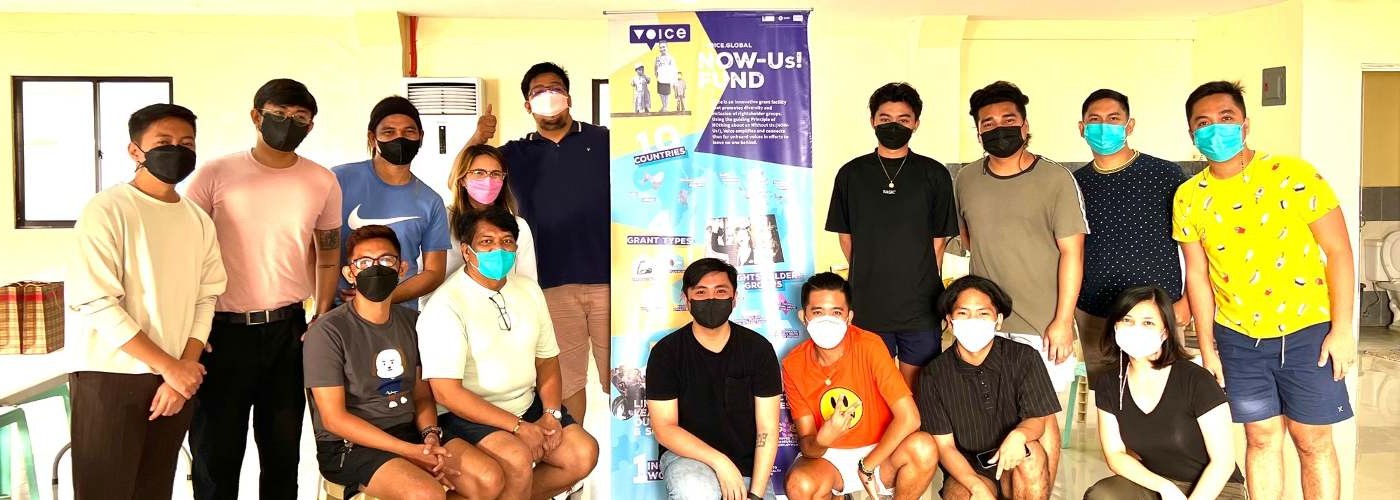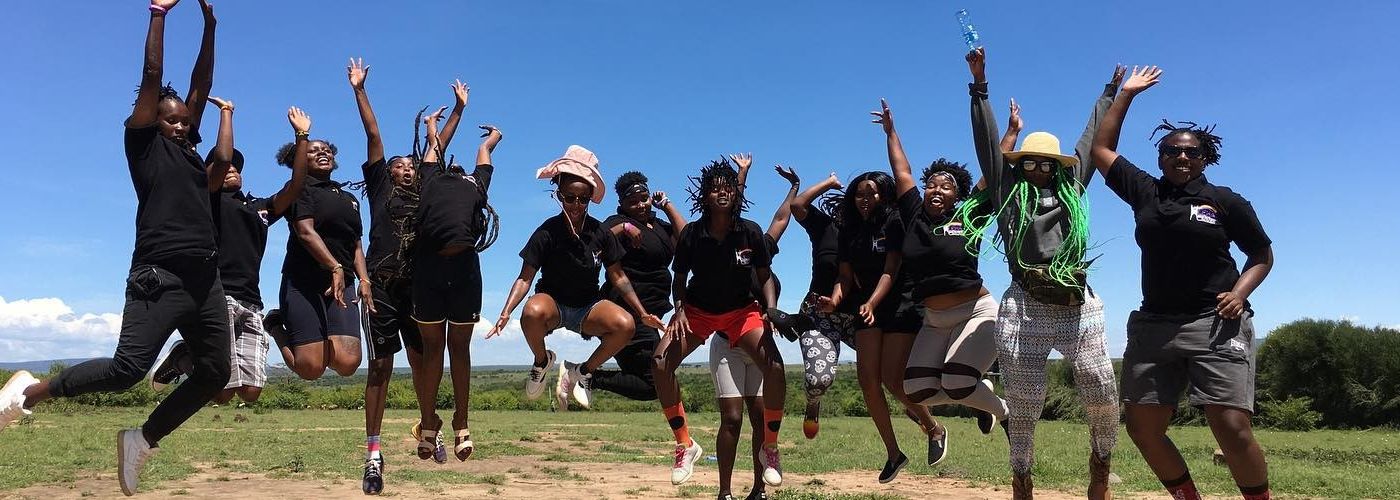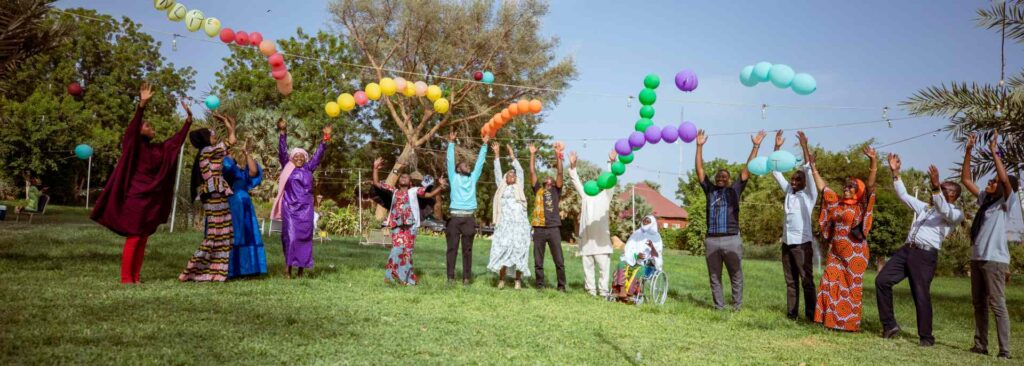How we strengthen the position of sex workers in Indonesia
Through the Voice program we fund civil society groups that breathe and live NOW-Us! (NOthing about us, Without Us) in our collective journey to an inclusive world. During this year’s IDAHOT week, we like to share some examples of the inspiring work rightsholder groups are doing.
Let us first take you to Indonesia where we support the Ardhanary Institute to improve the lives of lesbian sex workers. We talked to the institute’s director, Sri Agustine, who told us that the women she works with often run away from homes where they are neither accepted nor safe, and then end up doing sex work to survive.
Life for lesbian women
Life for lesbian women in Indonesia is anything but easy. If a family finds out that their daughter is lesbian, it’s not acceptable. “A common reaction is ‘corrective rape’,” Sri says. “People think lesbians will be ‘cured’ if they have sex with a man. So the family actually has them raped by their father, brother or a male sex worker! This forces many of them to run away, but without an education or money, they often end up in prostitution.”
As sex workers, the women continue to be the target of violence. “Prostitution is illegal, and a relationship with someone of the same sex is out of the question, Sri explains. “The police regularly carry out house searches, during which officers sexually intimidate or even rape the women. If the women go to a police station to report this, they are told that it’s impossible for them to have been ‘raped’ because they’re sex workers, it’s their job.”
We also learned that it’s much more difficult for lesbian women to access good health care. If they contract an STD (sexually transmitted diseases) and go to the hospital, the staff verbally abuse them and often won’t even help them. As a result, many lesbian sex workers don’t dare to go to hospitals or other health care facilities.
LBT lawyer
Sri founded the Ardnahary Institute in 2005. The organization promotes the rights of Lesbian, Bisexual and Trans (LBT) people and fights against discrimination based on sexual orientation. “In Indonesia, it’s really difficult to carry out your work as an LBT activist openly,” Sri explains. That’s why I went to law school to become a lawyer for the LBT community. That work I can do in public because my orientation doesn’t matter. If asked if I’m a lesbian, I just say ‘That’s irrelevant to this case’.”
Building a community
With support from our Voice program, Sri ran a project that trained 15 lesbian sex workers in a community in East Jakarta. They learned they have the right to be treated at hospitals and other health care facilities. And they received paralegal training because, as Sri points out, “If you know the law, you can help other women, too. For example, if someone wants to file a report with the police. They aren’t full-blown lawyers, but the police accept their expertise. The trainees are also creating a community for lesbian sex workers – a place where they can share their problems, get to know their rights and learn how to demand them.”
Lesbian sex workers in Indonesia experience different, intersecting types of discrimination. Other sex workers discriminate against them because they’re lesbian, and the LBT movement does the same because of their profession. Ardnahary Institute has therefore approached LBT groups to let them know more about why some lesbians becomee sex workers. “We explain that they didn’t chose this life, but were forced into it because of the way they were treated as LBT people. Now there is a better understanding, and that makes it easier for sex workers to be a part of the LBT movement and its larger network,” Sri says.
Knowledge is power
Sri knows from personal experience how hard life can be for lesbians in Indonesia. She, too, ran away from domestic violence and roamed the streets for a while. “But I’ve always believed that by getting an education I could change my life and that of other women like me,” she affirms.
Sri earned money to study by working in factories. She also received support from other women: “I learned a lot about gender and sexuality from other activists, and they even helped me pay for law school. They didn’t ask for the money back, just that I return the favor to at least one other lesbian woman who wanted to study. This in turn inspired me to want to help women in other ways. Knowledge is power, you know. With it, we can stand up for ourselves, demand our rights, change our lives, and escape poverty.”
About Voice
Voice is an innovative grant facility executed by a consortium between Oxfam Novib and Hivos. It supports rightsholders and groups facing marginalization or discrimination in their efforts to express their views and demand their right to responsive and inclusive societies. Specifically: people with disability; LGBTI+ people; women facing exploitation, abuse or violence; vulnerable elderly and the youth; Indigenous people, and ethnic minorities.

